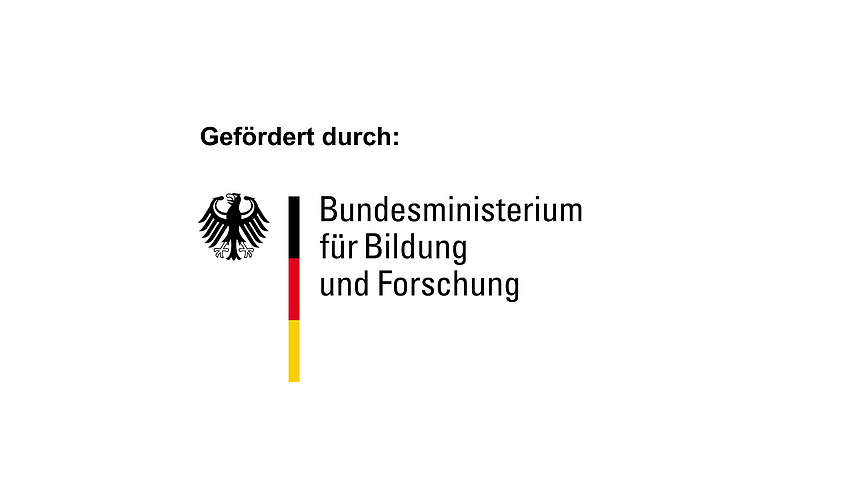Welcome culture and democracy in Germany. Refugee policy initiatives as places of active citizenship, collective conflict negotiation and democratic learning
Funding: Federal Ministry of Education and Research (BMBF)
Duration: 2017 to 2021
Project management: Prof. Dr. Hans-Jürgen Bieling (Tübingen), Prof. Dr. Helen Schwenken (Osnabrück), Prof. Dr. Elisabeth Tuider (Kassel)
Project staff: Dr. Nikolai Huke (network coordinator, Tübingen), Samia Dinkelaker (Osnabrück), Olaf Tietje (Kassel)
In response to the influx of refugees, the temporary overload of state infrastructures and, in some cases, in explicit opposition to racist attacks and group-based misanthropy, there was a wave of help from civil society organizations in Germany in 2015, but also from those who had previously been barely involved. Democracy in Germany is facing a number of problems at this time: State infrastructure is underfunded in many areas, numerous people living in Germany are excluded from political participation due to a lack of civil rights, while the basic democratic consensus among the population is eroding. Existing social conflicts in Germany are intensifying.
Against this backdrop, the University of Kassel, Osnabrück University and the Eberhard Karls University of Tübingen are investigating how democracy has changed in the course of the so-called "welcome culture".
The focus is on three research questions: Do refugee policy initiatives contribute to inclusive democratic decision-making and articulation through their internal social forms? How do democratic attitudes and political subjectivities develop or change in the actions of the initiatives? Do they provide a democratizing impulse for established decision-making structures?
